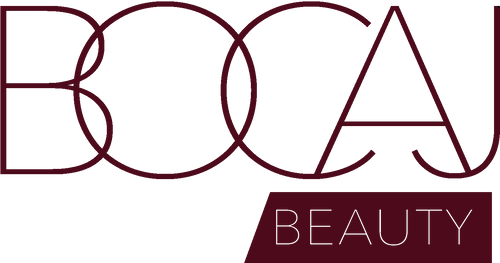Makeup is a ubiquitous presence in our society, with its influence extending beyond the realm of beauty and self-expression. While many individuals embrace makeup as a tool for enhancing their appearance and boosting their confidence, it is essential to recognize that makeup also has negative effects on society as a whole. In this article, we will delve into some of the reasons why makeup can be detrimental to our society.
- Unrealistic Beauty Standards:
One of the most significant criticisms of makeup is its role in perpetuating unrealistic beauty standards. The media, advertising, and social media platforms often promote a narrow definition of beauty, emphasizing flawless skin, perfectly sculpted features, and an overall idealized appearance. This unattainable standard places immense pressure on individuals, particularly women, to conform to these ideals, leading to low self-esteem, body dissatisfaction, and a distorted self-image.
- Reinforcement of Gender Stereotypes:
Makeup has long been associated with femininity, and societal expectations often dictate that women should wear makeup to conform to gender norms. This pressure can create a sense of obligation for women to spend time, money, and effort on their appearance, reinforcing traditional gender roles and placing an unnecessary burden on individuals who may not enjoy or feel comfortable with the practice.
- Economic Implications:
The beauty industry, including makeup, is a multi-billion dollar industry. While this brings economic benefits, it also perpetuates a culture of consumerism and materialism. The constant push to purchase new makeup products, follow trends, and keep up with the ever-changing beauty industry can lead to financial strain and a focus on material possessions rather than genuine personal growth and well-being.
- Self-Worth Tied to External Appearance:
Makeup can inadvertently contribute to the idea that one's worth is determined by their external appearance. This can lead to a superficial focus on physical attributes and an undervaluing of qualities such as intelligence, kindness, and talent. When societal emphasis is placed primarily on looks, individuals may feel pressured to prioritize their appearance over personal development and meaningful pursuits, resulting in a shallow and superficial culture.
- Masking Authenticity:
While makeup can be a form of self-expression, it can also serve as a mask that hides one's true self. The pressure to present a flawless face to the world can create a barrier between individuals and their authentic identities. This masks can hinder genuine connections, erode self-acceptance, and perpetuate a culture that values surface-level beauty over inner qualities.
While makeup can be a creative outlet and boost confidence for some individuals, it is crucial to acknowledge the negative effects it can have on society. Unrealistic beauty standards, reinforcement of gender stereotypes, economic implications, self-worth tied to appearance, and masking of authenticity are all aspects that contribute to the detrimental impact of makeup on our society. It is important for us to foster a culture that values diversity, self-acceptance, and inner qualities, allowing individuals to define beauty on their own terms and promote a more inclusive and positive societal outlook.
